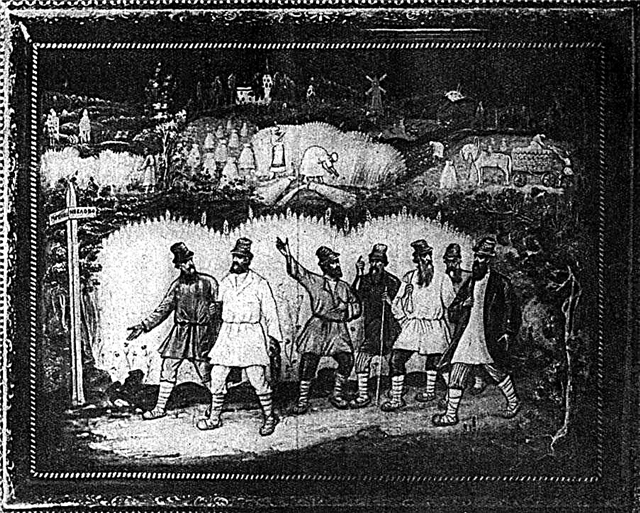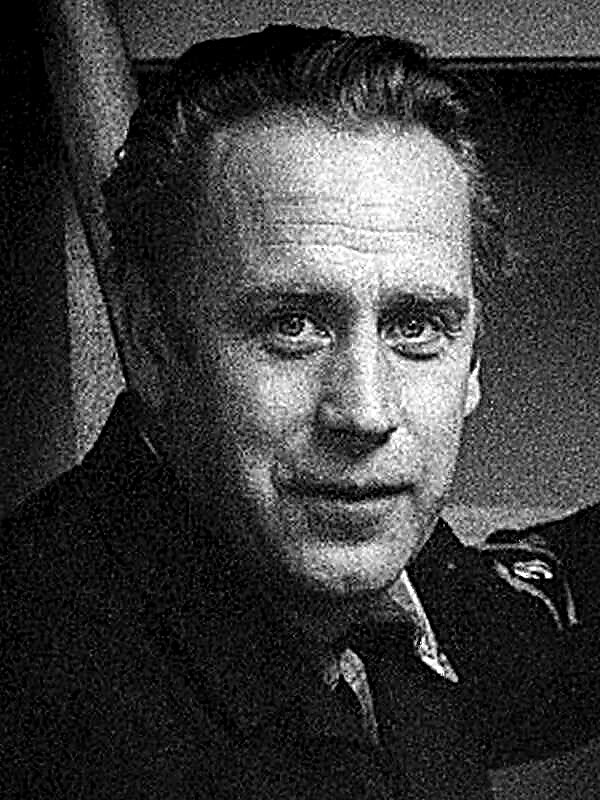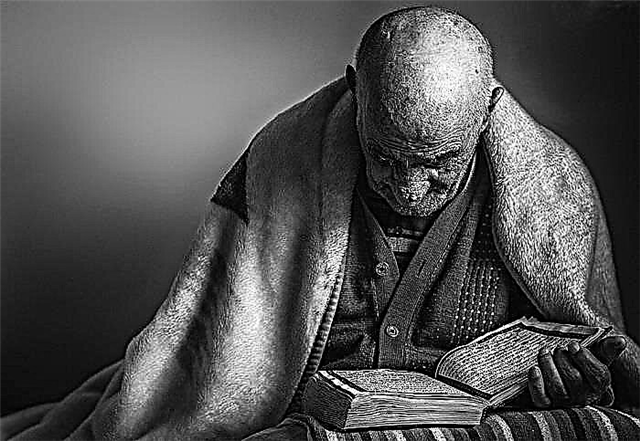The novel is written in the form of a diary of a licensed medicine by Tyuko Gabriel Glass. At thirty-three, he never knew a woman. He does not hide that far from everything is telling about himself, but at the same time he doesn’t bother with his soul, believing his thoughts and feelings in the diary. The diary for him is a convenient and non-binding form of detached self-observation, an activity that helps to fill a spiritual void and forget about loneliness. Glas does not have any personal life, and in his professional activity he was disappointed for a long time, although in his youth he chose the profession of a doctor dictated by ambitious dreams and the desire to become a "friend of mankind."
From childhood, accustomed to discipline and self-restraint. Glass achieves brilliant results at school and university. Sensuality awakens in him rather slowly, and the young man develops a habit of exposing all his thoughts and actions to reflection early. However, soon he lost all interest in acquiring purely external knowledge, and close attention to the innermost movements of the soul, in its own way enthusiastic and ardent, against the background of loneliness, which does not brighten anyone's friendship and love, gradually leads the Voice to disappointment in life and cynicism. When Glass once again encounters a request from a stranger to terminate an early pregnancy, he coldly notes in his diary that this is the eighteenth case in his practice, although he is not a gynecologist. As before, Glass resolutely refuses, citing his professional duty and respect for human life. However, the concept of debt has long meant nothing to him, Glass understands that duty is a screen that allows you to hide fatigue and indifference from others. The Voice is aware that in some cases he could have committed to violate medical ethics in order to save the reputation of a girl, but he does not want to sacrifice his career and position in society. However, he immediately admits to himself that he is ready to take any risk for the sake of the "Real Cause". So Glass leads, in fact, a double life and, despising the hypocrites and hypocrites that surround him, plays the role of a respectable member of the society he hates.
Pastor Gregorius is one of those people who are especially hated by Dr. Glass. He is fifty-six years old, but he is married to a young and beautiful woman. Unexpectedly for Glas, Fru Helga Gregorius comes to see him and admits that she has a lover and her husband is deeply disgusted with her. She no longer has anyone to ask for help, and she begs Glas to convince her husband who wants a child not to force her to fulfill her conjugal duty on the pretext that she is ill and needs treatment. The voice, which is infuriated by the very word "duty", this time decides to help a woman to whom she feels sincere sympathy. In a conversation with pastor, Glass advises him to refrain from intimate relations with his wife, because her fragile health needs to be treated carefully. However, the pastor still solicits intimacy with her, and one day Helga again comes to the reception to Glass and says that her husband took her by force. When a pastor complains to Glass about his heart, he uses this pretext and categorically forbids Gregorius from having an intimate relationship with his wife. However, Glass understands that this will not achieve anything. Gradually, he came to the conclusion that he could truly help Helga only if he delivered her from her hated husband. Glass understands that secretly for a long time already he loves Helga, and for the sake of her happiness he decides to kill the pastor. By scrupulously analyzing the motives of the act he is about to commit. The voice concludes that the murder of Gregorius is the very “Case” for which he is ready to put everything at stake. Taking the opportunity, Glass, under the guise of a new medicine for heart pain, gives the pastor a drink of a potassium cyanide pill, and in the presence of several witnesses, he reports death from a heart failure.
Crime gets away with Voice, but in his heart there is discord. At night, fear begins to haunt him, and during the day he indulges in painful thoughts. He committed a crime, but nothing has changed in his life: the same blues, the same cynicism and contempt for people and for himself. However, Glass does not feel any guilt, as he comes to the conclusion that he, the killer, knows only some facts and circumstances of the pastor’s death, but in fact, he knows no more than others: death, like life, was and remains incomprehensible, it is shrouded in mystery, everything is subject to the law of inevitability, and the chain of causality is lost in the darkness. Having visited the memorial service, Glass goes to a Finnish bathhouse, meets friends there and goes with them to a restaurant. He feels refreshed and rejuvenated, as if he has recovered from a serious illness: everything that happened seems to him an obsession. But his high spirits again gives way to despondency and yearning when he finds out that Klas Recke, Helga's lover, is going to marry Freken Levinson, who, after the death of her father, a stockbroker, inherited half a million. The voice sincerely regrets Helga, who has gained freedom, but will soon lose her lover.
Gradually, Glass comes to the idea that one should not try to understand life at all: the most important thing is not to ask, not to solve puzzles and not to think! But his thoughts get confused, and he falls into hopeless despair. The pastor begins to appear to him in a dream, which exacerbates the already difficult state of mind of the doctor. Soon he learns about the engagement of Klas Recke with Freken Levinson. The voice is tormented by the torment of unrequited love, but hesitates to go to Helga and ask her for help, as she once turned to him. Autumn is coming, Glass realizes that he is unable to understand anything or change anything in his fate. He resigned himself to her inescapable mystery and indifferently watches how life passes by.





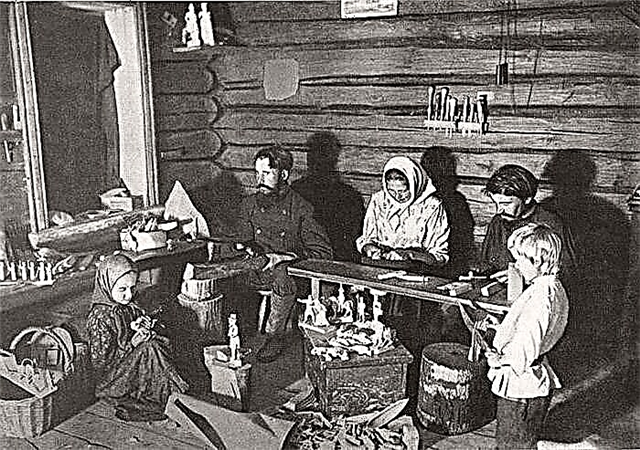
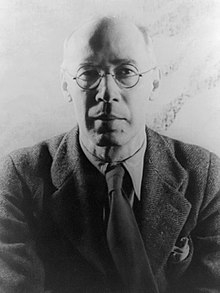
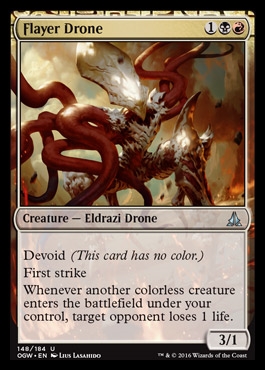
 What great companies do
What great companies do
